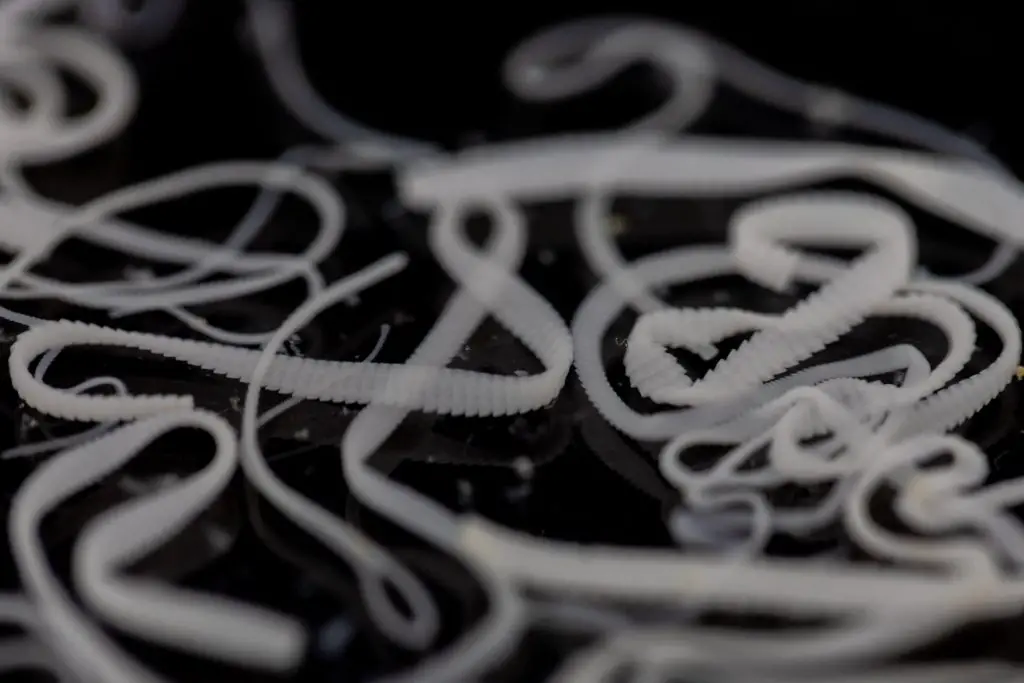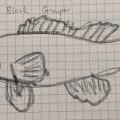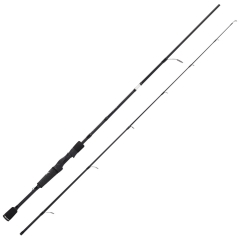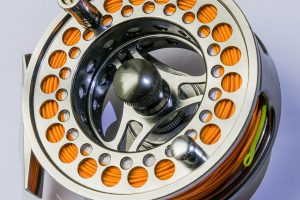Groupers can get worms. All types of groupers belonging to large fish species can get worms. Worms are parasites, naturally occurring organisms that live on or in their hosts. They do not cause contamination. Worms are common in fish, as insects are in fruits and vegetables, but these worms do not cause any damage or concern to thoroughly cooked fish. All living organisms, including fish, can have parasites; the most common ones are worms. These worms are most particularly found in the old and large fish groupers, but they do not cause any harm to the human body.
Is It Normal to Find Worms in Fish?
The occurrence of worms in fish is very normal. Worms in fresh fish are common, and sufficient preparation is key to eliminating them. The worms found in fish usually have a white or almost clear color, and some have more prominent and darker colors, e.g., cod— These prominent and darker colors often look like stray pieces of seaweed.
How Do Groupers Get Worms?
Groupers get worms by feeding on aquatic intermediate hosts. When fish feed on an intermediate host, they get infected with roundworms. These roundworms reproduce eggs hatch into larvae inside the grouper’s natural habitat. Small crustaceans consume the larvae, and these small crustaceans, in turn, get fees. The grouper will get infected when the groupers feed on a small crustacean that has fed on the larvae.
The larvae will attach themselves to the intestinal walls of the grouper and find their way into the muscles and cells. It will get encapsulated and can probe its life, allowing it to live for a long time inside the grouper intestinal wall. If a grouper consumes a live worm, this worm can pass through its gut and establish a parasitic relationship with it.
How to recognize the signs of a grouper fish having worms
If you suspect a grouper has worms, there are a few symptoms to look out for. These include:
- A behavior change: The grouper may become more aggressive than usual or become shy and retreat from the surface. It may also not be eating, which is one of the clearest signs that something is wrong.
- A visible lump on the grouper’s body: This usually appears as a whitish mass on your fish’s head and body and can be between 1-2 cm long (0.39-0.79 inches). While it will not harm them while they’re alive, this growth can become infected and cause serious health issues if left untreated over a period of time.
Can Humans Get Infected with These Fish Worms?
Yes, humans can accidentally get infected with fish parasites if the fish is not cooked well. If a fish is inappropriately cooked, humans can become infected by fish containing live parasites, and in this case, they become an “accidental host.”
The roundworms found in fish cause a condition in humans known as anisakiasis. This condition produces symptoms that include pains, nausea, abdominal distention, vomiting, stooling, blood, and mucus-stained feces; in some cases, anaphylactic reactions can follow these symptoms.
The flatworms(flukes) present in grouper fish can lead to a condition in humans known as trematodosis. This condition is asymptomatic in humans. They are organ-based and infect parts of the human body that are not easily accessible. The adult worms house themselves in the bile ducts of the human liver and cause a condition known as fibrosis of the adjacent tissues.
The other type of worm, —the tapeworm when it enters a human body, causes diphyllobothriasis.

What Temperature Kills These Grouper Worms?
Fishparasites are often killed by freezing and heating treatments. The most appropriate temperature to kill other types of fish parasites EXCEPT flatworms is -20°c for not less than 24 hours for freezing treatment, and heating treatment needs less than 60°c for at least 1 minute.
For flatworms, freezing temperatures of -10°c for six days and a hearing temperature of 70°c for 30 minutes.
Is It Safe to Eat These Groupers Knowing That They Contain Worms?
You can eat groupers if you properly cook them before you do. Parasites in fish (worms) are only injurious to human health if they are inappropriately cooked and carelessly consumed. (Proper freezing and normal cooking kill these parasitic worms in groupers). Groupers parasites are not transferrable from one person to another. However, when live parasitic worms are consumed and are not immediately exerted, it may cause issues.
Parasitic worms are common in fish and have been associated with many illnesses. Several associated illnesses can surface if an infected fish is raw or eaten when it is undercooked, but the danger goes away when the fish is cooked through or flashed frozen before being served.
How To Consume Grouper Keeping the Health Factor into Consideration?
You must take the right precautions when handling grouper to keep yourself and your family safe.
- Wash grouper thoroughly before cooking. It is better to wash the fish in cold water than hot water because it will kill some good bacteria on its skin, which can help eliminate any harmful bacteria.
- Cook grouper well before eating it raw or undercooked as this may cause food poisoning due to the consumption of uncooked meat from tiny parasites inside them.
- Do not eat grouper if there is an unpleasant odor emanating from it or if it has a bad coloration (discolored). Although this does not always mean that the grouper is unfit for consumption, this could be an indicator of spoilage or poor-quality fish that should be avoided.
Conclusion
So, the answer to the question “Can Groupers Get Worms?” is yes. They can get worms, but that doesn’t mean you should avoid eating them together. It just means that you must be careful about where your grouper comes from and how it was prepared before serving it on the plate.











